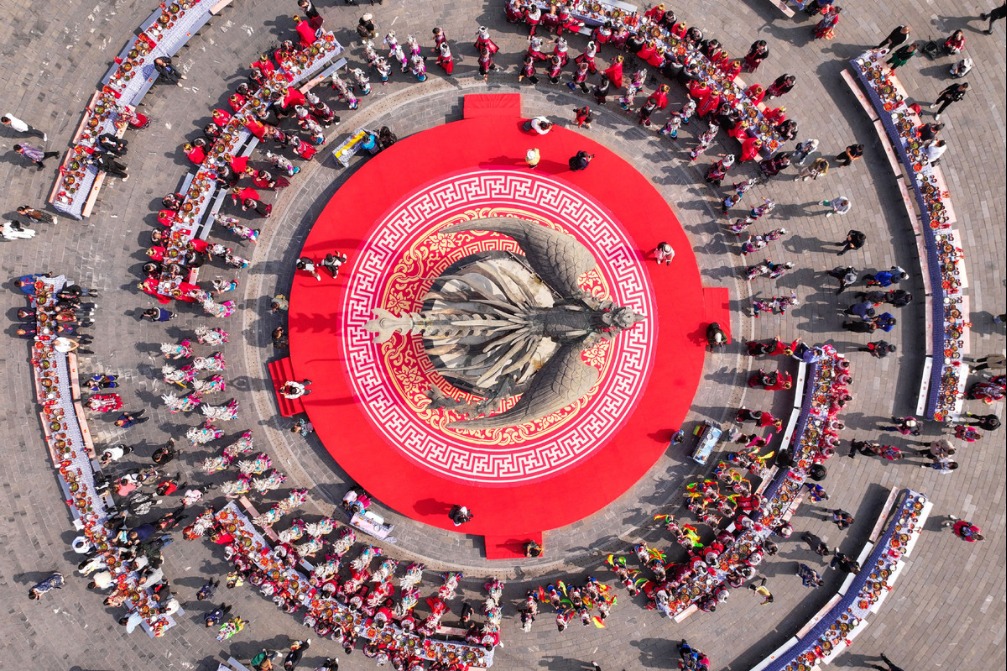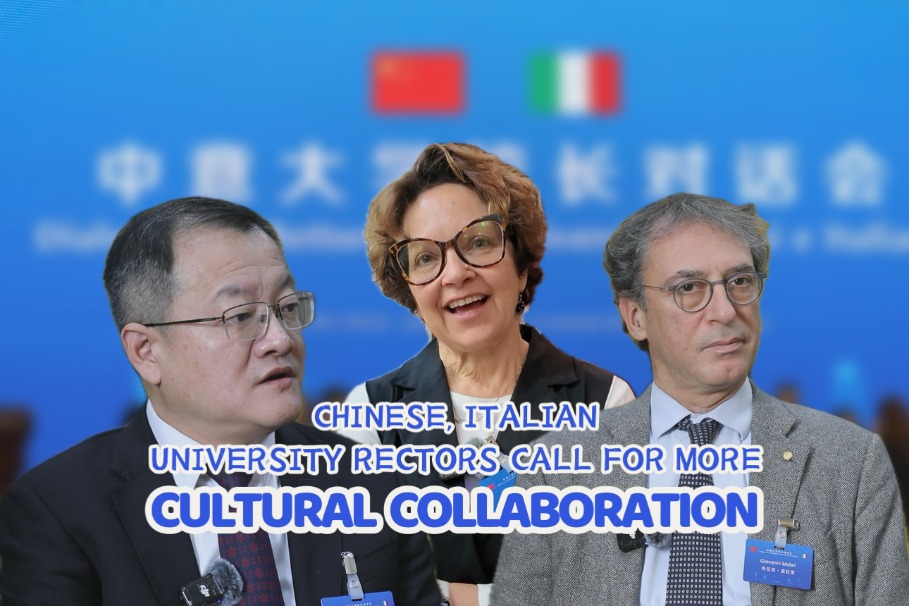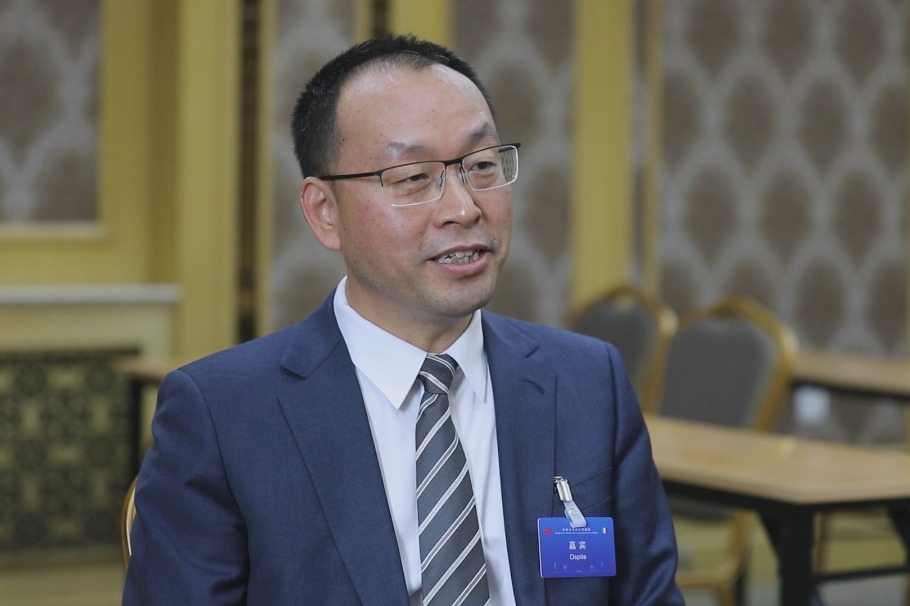Global South alliance established


The Global South Think Tanks Alliance was officially launched on Thursday to deepen exchanges and cooperation among the countries of the Global South so they can contribute their wisdom to promoting a more equal multi-polar world and more inclusive global governance.
A ceremony was held in Nanjing, Jiangsu province, at the Second Global South Think Tanks Dialogue, which was hosted by the International Department of the Communist Party of China Central Committee, the CPC Jiangsu Provincial Committee and the China Council for BRICS Think-Tank Cooperation.
President Xi Jinping proposed the establishment of such an alliance at the "BRICS Plus" leaders' dialogue in Kazan, Russia, in October to promote people-to-people exchanges and experience-sharing in governance among the Global South nations.
"The collective rise of the Global South is a distinctive feature of the great transformation across the world," he said at the BRICS event.
More than 200 universities and think tanks from China and other emerging markets and developing countries have expressed their willingness to join the alliance, which is committed to equality, openness and cooperation, according to the International Department of the CPC Central Committee.
Addressing the opening ceremony of the two-day dialogue meeting, Liu Jianchao, head of the department, called for carrying forward the spirit of the Global South featuring independence and autonomy, unity and mutual assistance, fairness and justice, and openness and inclusiveness.
Looking to the future, member countries should work together to pursue development and rejuvenation, uphold world peace, promote the progress of civilizations and improve global governance through joint consultations to build a community with a shared future for the Global South, Liu said.
Political leaders and representatives of think tanks from more than 100 nations attending the meeting voiced their concerns over the current international order undermined by unilateralism, protectionism and hegemony by Western powers, and they expressed a strong desire to speak with a unified voice to express their common aspirations and enhance their representation and say in global affairs.
Bimala Ghimire, vice-chairperson of the National Assembly of Nepal, said that the Global South is no longer the silent majority, but an awakened force and a new hope for change.
The world is becoming increasingly uncertain with conflicts in areas such as Ukraine and Gaza, rampant unilateralism, protectionism and hegemonism, as well as a sluggish global economic recovery, she said.
"In a more turbulent era, we are faced with the common question of where we are heading in the future, a question that confronts all of us in the Global South," Ghimire said.
She highlighted equality as the common voice of the Global South, openness as its defining feature, and cooperation as its collective pursuit.
Tahir Budagov, deputy chairman of the New Azerbaijan Party, commended China's commitment to ensuring that the voices of developing countries are better heard and enhancing mutual understanding among nations, which he said lays the foundation for building win-win cooperation.
"Countries of the Global South are able to set new standards for sustainable development, digital transformation, and social progress," he said. "Through unity and cooperation, we can address issues such as inequality, isolation and unfair competition, while contributing to the establishment of a more balanced and equitable international relations system."




































